 |
Java Games: Flashcards, matching, concentration, and word search. |
 |
 |
The Enlightenment Thinkers (With Names)
Use this activity to practice recognizing key individuals that played an important role in the development of the Enlightenment ideas, which led to the development of our system of government in America.
|
| A | B |
|---|
Adam Smith, 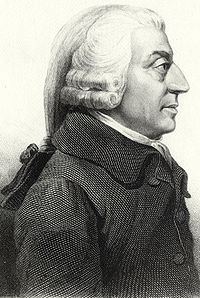 | Introduced new ideas about economics; stated that government should stay out of the way of business. |
Baron de Montesquieu, 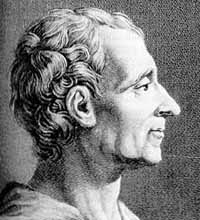 | Believed that power in a government should be divided into 3 branches; these branches should check the powers of each other. |
Jean-Jacques Rousseau, 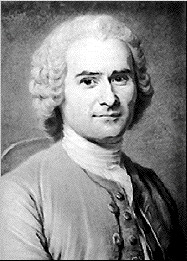 | Believed in individual rights and the idea of "Majority Rule"; people should have the freedom to explore and experience life. |
Thomas Hobbes, 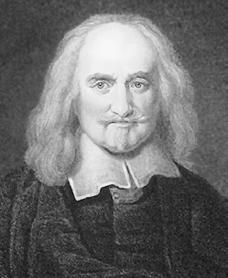 | Felt people were greedy, self-serving, and evil; need an absolute monarchy to rule over the people; everyone gives up right in exchange for protection (Social Contract) |
John Locke, 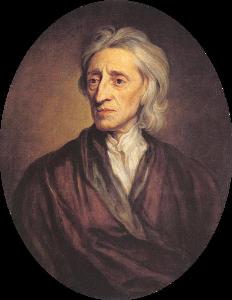 | Believed in the "Social Contract", but felt everyone had Natural Rights; felt it was the duty of a people to overthrow their government if it was abusing its power. |
Thomas Jefferson, 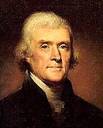 | Took the ideas of the European Enlightenment thinkers and used them to create the Declaration of Independence. Felt all men should be equal (ironic since he owned slaves). |
Benjamin Franklin, 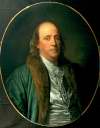 | Spoke against slavery; believed that life should be lived using reason; also believed in an advisory board for the government. |
Cesare Beccaria, 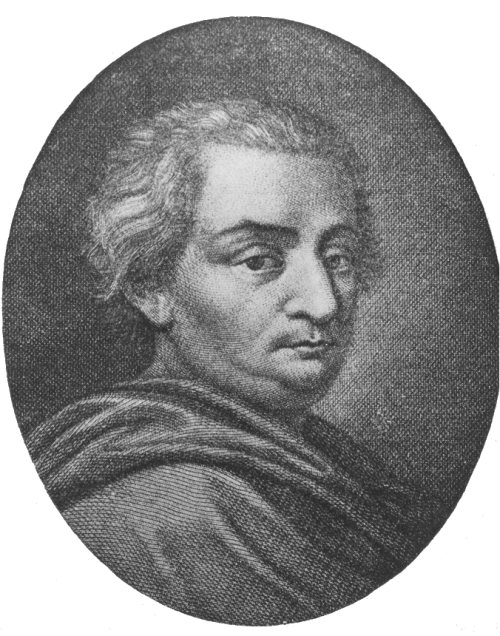 | Felt people accused of crimes also had rights; the death penalty is wrong in his mind; felt punishments should be the same for everyone. |
Mary Wollstonecraft, 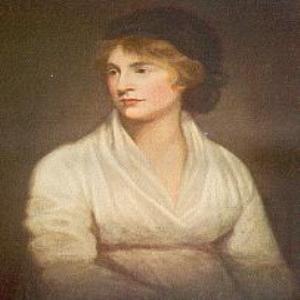 | Fought for equality for all people; wanted women to have same opportunities as men. |
Francois-Marie Arouet (Voltaire), ) | Wrote many satires against the government and church; felt very strongly that Freedom of Speech was necessary to have a free society. |
Father Hidalgo, 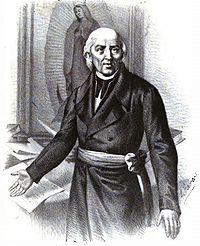 | Applied the ideas of the Enlightenment to help Mexico win its independence from Spain. |
Simon Bolivar, 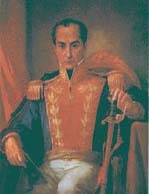 | Supported the idea of separation of powers into branches of government; believed people should have the right to vote, but not if they did not understand the system of government; urged people to join together for security |
|
 |
 |
|
|
|
| |